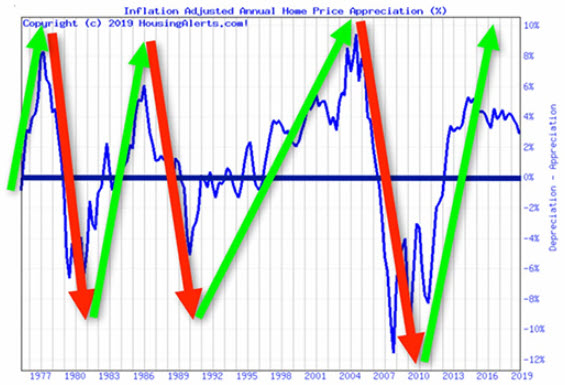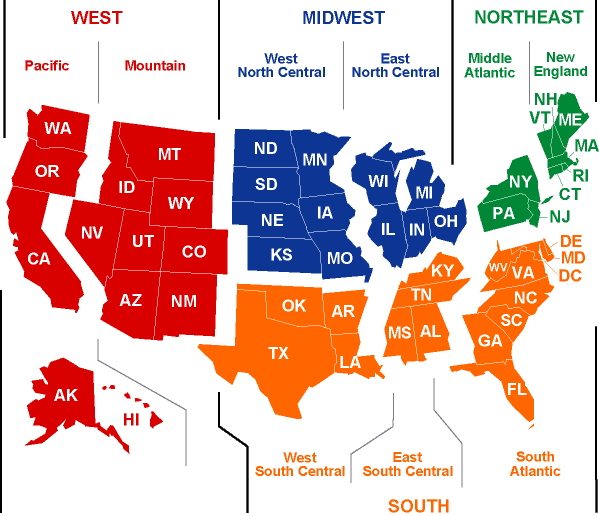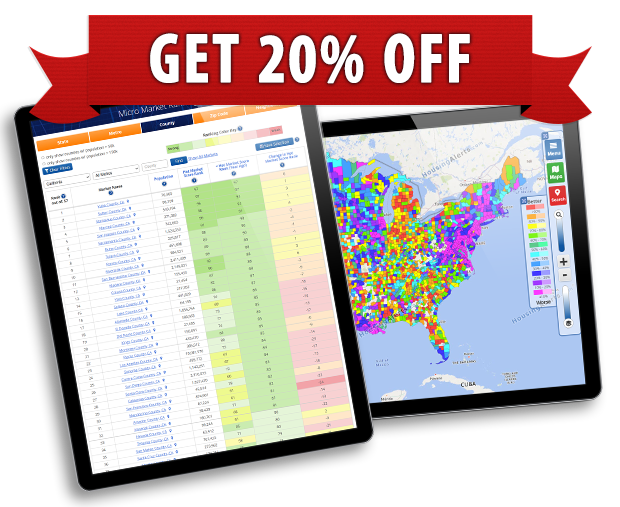You’ve always heard real estate moves in cycles… but what does that mean?
More importantly, how can YOU profit from it?
As a general rule, prices for most things are stable (not cyclical) because changes in demand are quickly offset by adjusting supply. If you’re a widget manufacturer and more people want widgets, you (and your competitors) simply produce more.
If demand falls, you cut back on production (supply).
Prices don’t cycle up or down because supply is in equilibrium with demand.
The opposite is true with real estate.
Real estate supply is fixed.
It can’t be moved to areas of greater demand.
Residential and commercial buildings (supply) have a decades-long shelf life.
Adding significant new supply takes a long time and a lot of money.
Real estate is illiquid with high transaction costs.
In short, you can’t increase or decrease the ‘supply’ of homes or buildings in response to changes in demand.
When demand falls, prices go down because that’s the only variable left in the Supply-Demand-Price equation.
When demand increases, prices go up.
A slow moving chain reaction gets started: Builders s-l-o-w-l-y react to changes in demand by increasing (or decreasing) production. It takes years for the effects to have an impact on supply… and a new real estate cycle is born! (See the latest Real Estate Market Report for real life examples.)
Small changes in demand have a big effect on price.
It takes many years to reach a balance.
However, because builders have long lead times, they’re (always) late to cut production at market tops and late to ramp up production at bottoms. About the time when excess inventory has been absorbed (in any particular local market), builders have cut back so much they can’t react to the inevitable increase in demand.
The cycle reverses.
These cycles continue over and over in perpetuity.
U.S. Overall Home Price Appreciation Cycles
From 1976 – 2020

This USA chart shows the past three cycles very clearly. Note how cycles build for many years and then sharply reverse direction.
Real estate demand can change very quickly.
Demand for real estate over the short and intermediate term is driven primarily by Market Psychology, not by interest rates, employment, population, income or any of the other ‘fundamental’ factors. (Watch the latest Real Estate Market for complete discussion)
It doesn’t take much to trigger a reversal in Market Psychology. When it happens, there’s a mad rush for the exit doors. Because real estate is so illiquid, most investors simply can’t get out in time and the problem snowballs.
Excess ‘For Sale’ inventories pile-up.
Prices crash.
Market Psychology turns from greed to fear and builds on itself.
Buyers disappear.
Underwater property owners are now trapped and forced to ‘ride it out.’
…the cycle intensifies from BOTH the demand and the supply side.
For these and other reasons, real estate is, and will always be, very cyclical. Fortunately, if you have the right tools, these cycles are easy to see and profit from.
The chart above covers the overall average for the entire USA. Of course, you can only invest in local real estate markets, not in an average of all markets.
That’s where it gets interesting, and profitable.
Local real estate cycles don’t look anything at all like the USA average.
While some local markets may be crashing, others may be emerging, or flat-lining; local cycles are much more volatile and extreme.
About two-thirds of the markets in the U.S. consistently display high momentum on the appreciation and decline phases. These are the markets where generational wealth is made.
The remaining one-third of all U.S. markets are either in long term secular downtrends, emerging out of downtrends, or in long term equilibrium (aka flat markets). These markets are not ideal for fast wealth creation and preservation. Transactional income strategies can be used to ‘scalp’ profits. (Continued in the Real Estate Market Report)






















